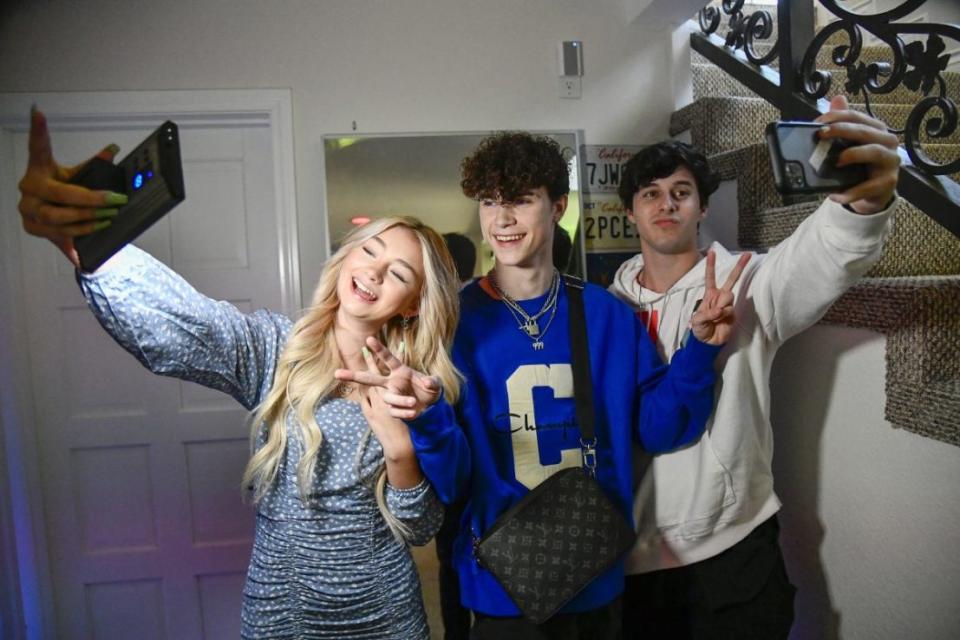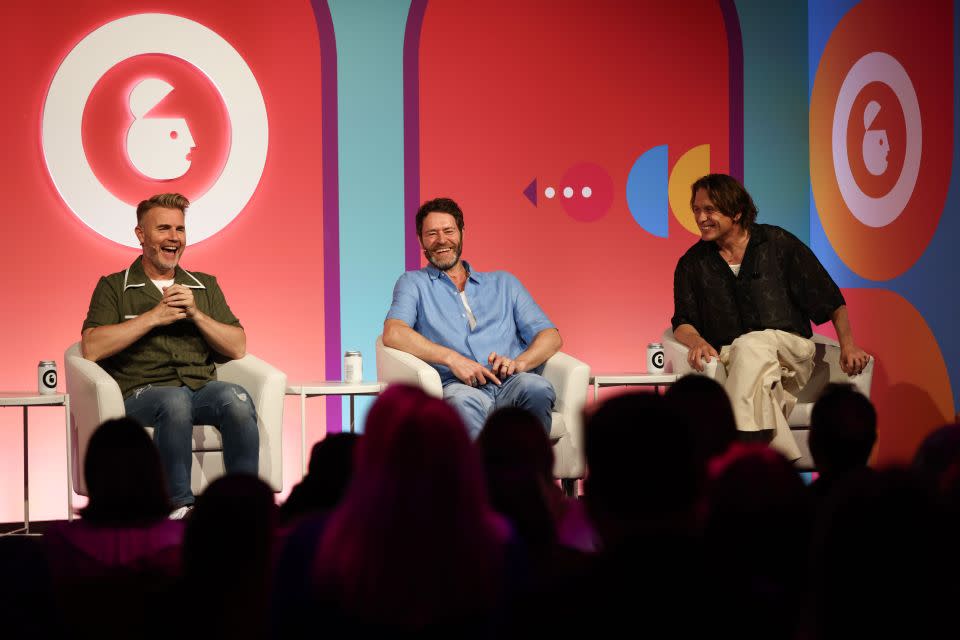The Notebook: Could brands and influencers sway this year’s elections?

Where the City’s movers and shakers have their say. Today, Matt Scheckner, chairman of Advertising Week, takes the Notebook pen to reflect on his key takeaways from the event last week, from the business opportunities in gaming to how influencers might sway elections
How influencers are shaping voters
As I write this waiting for my flight back home to New York, I’m reflecting on yet another remarkable week in London that has only reinstated the hugely important role that the creative industries play in making the UK’s capital stand out on the global stage.
Surrounded by some of the industry’s leading creatives and innovators, from CMOs at major global brands to beloved media personalities and musical artists including Take That, Stacey Solomon and Richard Hammond, it becomes undeniable just how much creative force this city wields.
It is difficult to overstate the influence of our creative leaders, particularly at a time when we have important political decisions to make on both sides of the pond. There’s a reason why both US presidential candidates are fighting over who gets Taylor Swift’s vote, and while I doubt she’s prone to commit to being either Team Rishi Sunak or Team Keir, I’d expect that a significant number of UK voters would be open to hearing what she’d have to say.
This was underlined by research conducted by Advertising Week Europe and Cint that we published last week, which looked at whether the interventions of influencers, celebrities or brands had any meaningful impact on voting decisions.
One of the most interesting findings was that young people are more likely to be influenced by external factors when it comes to who they vote for – with 52 per cent of Gen Z respondents saying that they would let a celebrity sway their decision. Only 37 per cent of millennials, on the other hand, agreed that they would be influenced by a public figure, suggesting that our younger generation – the least set in their political convictions, and the most likely to heed Taylor Swift or Madeline Argy’s advice – are more susceptible to online endorsements and biased information.
The creative force and soft power behind this city cannot be overlooked, and my eyes will most certainly be peeled to see how these generations continue to interact with political content and creative influencers, and, indeed, how the different parties and countries adapt to maintain their influence in our increasingly digital world.
Ready player one
The gaming industry is booming like never before. I was surprised to learn at a talk by Activision Blizzard that one third of the population are game players, and that 62 per cent of these people are more likely to purchase from brands advertising on their favourite games. This presents a huge opportunity for the ad industry, who are only just waking up to the potential for consumer connection in gaming. With the emergence of new technologies such as VR and AI, games are becoming more immersive and interactive, allowing brands to engage with their audiences in innovative and increasingly effective ways.
Are brands funding trolls?
One of the discussions last week centred around the prevalent issue of trolling on online media sites. From micro-aggressive comments to death threats, this incredibly harmful form of online bullying is often targeted at women, and is being unconsciously funded by the big brands advertising on these websites. This is a pressing global health crisis – and it is vital that advertisers tackle the issue by doing due diligence on the kind of platforms, values and behaviours they are promoting. As consumers, we can make a difference by consciously supporting the publications and brands that are getting this right.
London’s still got it

Last week, as we celebrated the 10th live edition of Advertising Week Europe, the question top of everyone’s mind was: does London still have a creative edge? Technological advancements have upended industries all over the world – but what was made abundantly clear last week was that London’s creativity is not going anywhere. From cocktail-making classes repurposing excess produce, to interactive Squid Games challenges and butlers from Bridgerton, the creative energy at the event was tangible. As a New Yorker, I am always excited to touch down in London and witness the incredible innovation pouring out of this city.
Three recommendations…
For a podcast, the ‘it’ genre of media at the moment, I’m a big fan of Rapid Response hosted by Bob Safian, a dear friend and the former Editor of Fast Company. Rapid Response was spun out of Masters of Scale, and Bob gets great guests and really gets the most out of them. For a book, it’s Matthew Black’s Operation Underworld, which tells the story of how the United States Navy deployed the mafia to protect the Port of New York during World War II. A fascinating read. And for a film, I’m old school and watch and re-watch The Godfather and Godfather Part II over and over . . . There are more salient, relevant, resonant business lessons in these films than in a lifetime of classes at Oxford or Harvard.

 Yahoo Finance
Yahoo Finance 